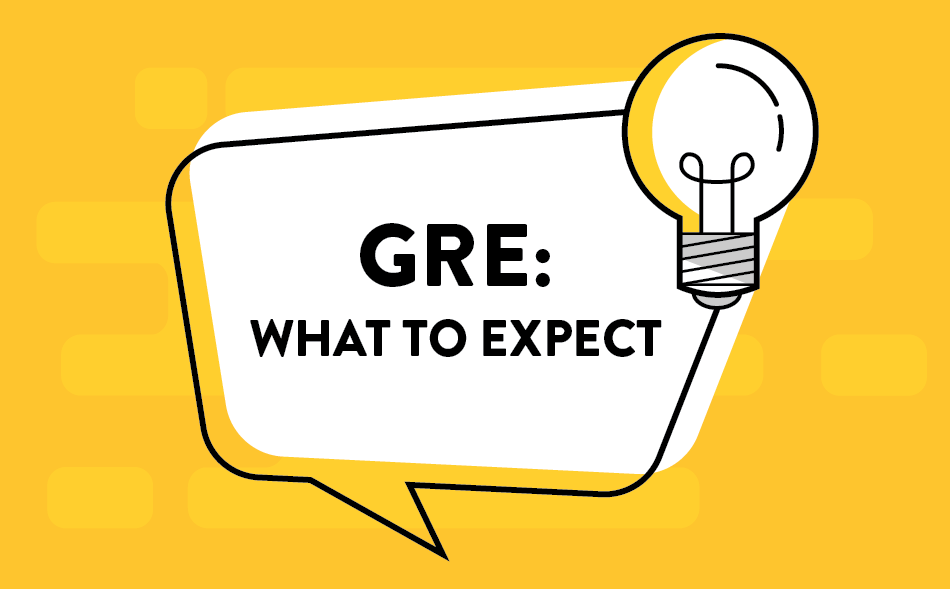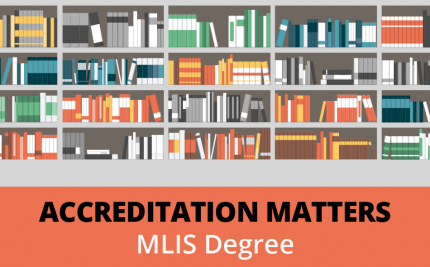So, you’ve signed up for the GRE test (and if you haven’t, we have a blog that will help you). But that’s just one step to applying for grad school. You have recommendations to gather, writing samples to create, and transcripts to requests. Your time is valuable, so instead of worrying about what’s on a test you only plan to take once, we have compiled a list of things to expect on test day.
What is the GRE?
The GRE is a test that many colleges and programs across the nation use as a tool for admission into graduate school. The test is comprised of three parts: Analytical writing, Verbal Reasoning, and Quantitative Reasoning.
In this blog, we’ll go through each section and give you a little insight as to what you might see. Each part of the exam is designed to test different skills you already have, and we want you to be better prepared on how to use them. Below are the different ways you should expect to be challenged.
Analytical Writing
The Analytical Writing portion of the GRE test is split into two parts: the issue, and the argument. You’ll write two short essays and have 30 minutes to work on each of them.
The Issue question will offer a claim. You’ll then be asked to consider the claim and develop a stance regarding the statement. Then you’ll be given a specific set of directions on how to write about the claim. For instance, you may be given the statement “Dogs are the greatest animals on Earth.” You’ll be asked to consider your stance on the subject. From there you could be asked to write a response that may prove the claim, or you could be asked to discuss what possibilities could make the claim false (which, of course, would be impossible for this statement)
The Argument question will present a situation where an author makes a case for an action or interpretation. You’ll then be asked to analyze the logical soundness of the case, and again, you’ll be given instructions on what to write. For example, you could be given an excerpt from a case where scientists, through numerous studies and scientific theorizing, explained by the author of the passage, have declared dogs to be the greatest species on Earth. Then you may be asked to discuss what the evidence presented by the author does to strengthen or weaken the decision to declare dogs, in fact, are the greatest species on Earth.
This may be the most difficult portion of the test to be prepared to take. There aren’t a lot of ways to study for this. The best thing you can do is practice. Read everything you can, even if it’s fiction, and practice analyzing everything from the approach to a problem to your stance on an issue. This part of the test is supposed to see how well you can think critically. Once it’s over, the heavy lifting is pretty much over, and things are about to speed up.
Verbal Reasoning
When you get to the Verbal Reasoning sections of the test, you’ll see a number of different passages. Some passages will require you to answer questions, and some will simply be missing words or phrases and require you to choose the correct terms to make sense of the passage.
For example of questions and passages, you can check out the Verbal Reasoning page on the GRE website. You’ll notice when going through the site, the vocabulary is key. So, study words. All the words. Find words you’ve never heard of and learn them. Words.
Quantitative Reasoning
And now we’re onto the math portion. For some, you’ll find solace in the light of exact, calculable answers and bathing in the rejuvenating pool of word problems that help give context to keep track of the figures. For others, your heart is already racing, and you’re struggling to gain traction in the slippery depths of algebra and geometry as graphs and fractions flash through your mind. Regardless of the type of person you are, rest assured your initial reaction is both correct, and incorrect.
Yes, there are numbers, and yes, you will need to know how to use them correctly, but it doesn’t stop there. Don’t forget, the GRE tests your reasoning skills. One way the GRE will test you on this is by giving you two different numbers and ask you which is larger. The numbers may be real (fractions, decimals, whole numbers) or they may be lengths of lines in a diagram. You can check the GRE Quantitative Reasoning page for specific question examples.
Once you’ve finished the Quantitative Reasoning portion, dust yourself off, because you are done! The next step is grad school, and The University of Southern Miss is happy to help you through that stage of your education as well. And if you’re still waiting to register for the GRE, don’t fret. It’s offered year-round in over 1,000 test centers around the world. When you’re ready, check out our previous blog on how to register for the GRE.







Share on Social Media: